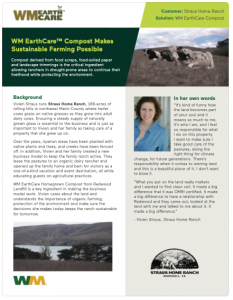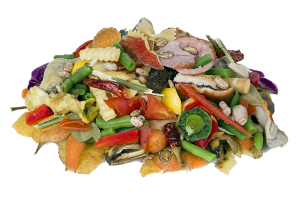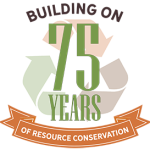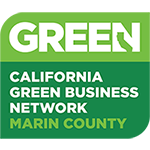Where Do Your Compostables Go?
Ever wonder what happens to your compostables (food waste, yard waste, and food-soiled paper) once MSS has collected them?
Rather than going to a landfill to decay into methane gas, MSS delivers your organics to Redwood Landfill’s Covered Aerobic Static Pile (CASP) composting facility where it is composted following the US Composting Council’s Testing Assurance protocol.
The state-of-the-art CASP facility at the Redwood Landfill produces WM EarthCareTM Homegrown Compost which is approved for organic farming by the Organic Materials Review Institute (OMRI) and is a California Department of Food and Agriculture certified Organic Input Material.
Compost derived from your food scraps, food-soiled paper, and yard waste is then used by local farmers and ranchers.
WM EarthCare Homegrown Compost from Redwood
Landfill is a key ingredient in making the Straus Home Ranch business model work.
Vivien Straus runs Straus Home Ranch, 166-acres of rolling hills in northwest Marin County where heifer cows graze on native grasses as they grow into adult dairy cows. Ensuring a steady supply of naturally grown grass is essential to the business and is just as important to Vivien and her family as taking care of a property that she grew up on. Learn more about how the WM EarthCare Homegrown Compost made from your compostables is used by Straus Ranch in this case study.
WHAT GOES IN YOUR GREEN CART?
If you can eat it, it goes in your compostables cart, not your garbage.
COMPOSTING: IT’S THE LAW
Per California law, compostables (food scraps, plant debris & food-soiled paper) and recycling must be removed from garbage containers.





